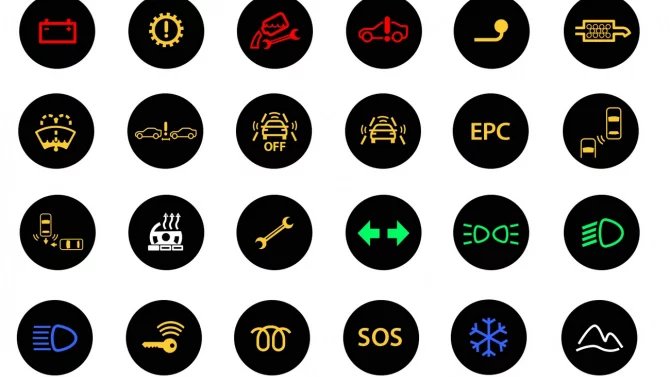...
PRAGUE, Sept 10 (Reuters) - Czech consumer prices rose 0.3 percent in August on the back of cigarette price hikes, meeting market expectations of an acceleration in the inflation rate which will continue in the coming months amid strong output.
Other data issued on Monday confirmed that the economy remains vibrant, with industrial output soaring in July and unemployment remaining in August close to lows hit in June.
The year-on-year headline inflation rate edged up to 2.4 percent from 2.3 percent in July. It was exactly in line with the market forecast in a Reuters poll of analysts.
Inflation is still below the central bank's 3 percent target, but analysts said that with the economy growing at 6 percent pace, it should pick up markedly due to household demand, hikes in sales and cigarette taxes, and rises in food and energy prices.
Another factor is a tightening labour market. Unemployment in August matched July's 6.4 percent, just above a low of 6.3 percent in June, the Labour and Social Affairs Ministry said on Monday.
A separate set of data showed industrial output soaring 11.5 percent year-on-year in July, above the expected 8.5 percent.
"While this year we expect average inflation around 2.6 percent, it may climb to over 5 percent in 2008," said Jan Vejmelek, head of economic and strategy research at Komercni Banka.
"The expected acceleration of overall inflation -- which can be projected into a further growth in inflation expectations -- as well as adjusted inflation will force the central bank to continue raising interest rates," he said.
The central bank has raised interest rates three times since May by a combined 75 basis points to 3.25 percent, a five-year high.
The latest hike came despite a credit crunch on the world markets triggered by souring mortgages in the United States.
The central bank said in the minutes of its August 30 meeting, where the latest interest rate hike came, that the turmoil was not yet affecting the Czech economy and did not require a monetary policy response.
CROWN MAY TAME PRICES
In August, inflation was driven mainly by the delayed effect of a January hike in cigarette taxes, and by rising prices of foreign holidays.
More tax hikes will come in January, when the cigarette tax is raised again while the sales tax on many basic items including food will jump to 9 percent from 5 percent.
The central bank has a policy of not reacting to the primary price impact of changes in indirect taxes and regulated prices, but would worry if they seeped through into other prices.
One factor that may hold inflation back is the crown currency. Due to its low-yield status, it has been used as a funding currency for high-yielding carry trades, and gained ground over the summer as those trades were unwound.
"With interest rate cuts expected in the USA and indications that the ECB interest rates are also close to their ceiling in the current tightening cycle, the crown is likely to strengthen further in the upcoming quarters," said Radomir Jac, chief analyst at PPF Asset Management.
"Sooner or later, the central bank will have to take the currency appreciation into account when deciding on how to respond on growing headline inflation, where the growth is pulled mainly by regulated prices and indirect taxes," he said.
The crown stood a touch firmer after the data at 27.565 from 27.58 in early trade and 27.615 late on Friday. (Inflation TABLE..................[ID:nL10356481]
Industrial output TABLE..........[ID:nPRA001489]
Unemployment TABLE...............[ID:nPRA001490])




 Řidička uvízla na železničním přejezdu, rychlík ji minul jen o kousek
Řidička uvízla na železničním přejezdu, rychlík ji minul jen o kousek
 Brzdná dráha delší až o deset metrů. Hlavně levné pneumatiky z východní Asie jsou pro řidiče rizikové
Brzdná dráha delší až o deset metrů. Hlavně levné pneumatiky z východní Asie jsou pro řidiče rizikové
 Test Renault Symbioz: S novým hybridem jezdí svižně a se spotřebou legendárního té-dé-íčka
Test Renault Symbioz: S novým hybridem jezdí svižně a se spotřebou legendárního té-dé-íčka
 Kdo nezvládne tento kvíz za plný počet, ten si dost možná auto zničí. Kontrolky jsou totiž základem komunikace mezi autem a řidičem
Kdo nezvládne tento kvíz za plný počet, ten si dost možná auto zničí. Kontrolky jsou totiž základem komunikace mezi autem a řidičem
 Nákup ojetiny jako rizikový podnik. Každá druhá ojetina ihned potřebuje nečekanou opravu za mnoho tisíc
Nákup ojetiny jako rizikový podnik. Každá druhá ojetina ihned potřebuje nečekanou opravu za mnoho tisíc
